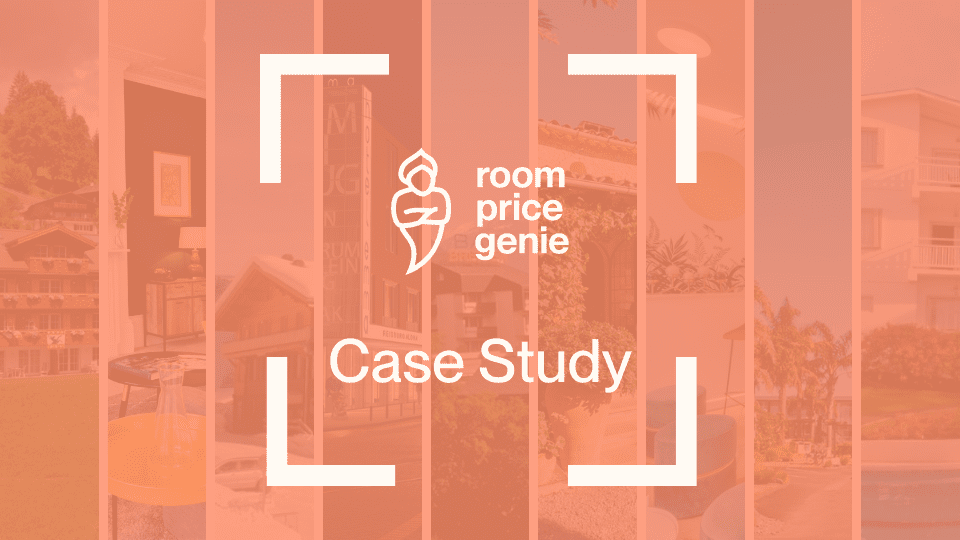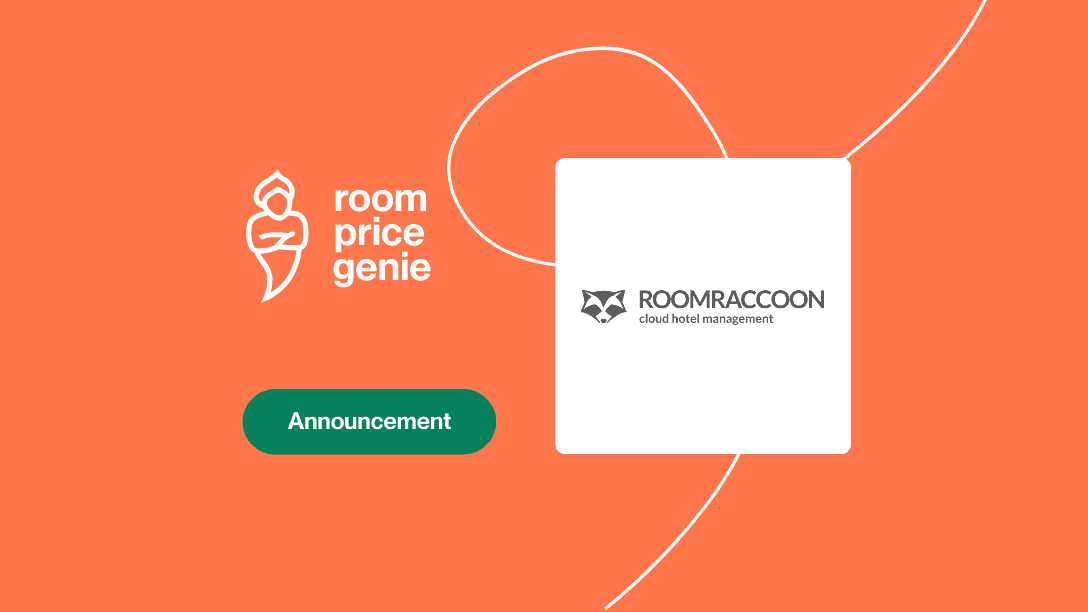Mixed Feelings?!
Many small hotel owners have mixed feelings about free cancellation. On one hand, by offering it you are undoubtedly increasing the number of bookings you get. On the other hand, it can mean being left with empty rooms at short notice. Larger hotels have less of a problem with this, as they are able to overbook their rooms. But for small hotels, after all the hard work put in, being left with empty rooms in busy season is frustrating.Troublesome Guests!
The majority of hotel guests use free cancellation respectfully; they appreciate the flexibility it offers them in case their plans change, and tell you well in advance if they do. However, some guests are more aggressive in their use of the option. Business customers, in particular, may wish to reserve the option of coming somewhere even if it is unlikely that they will actually come. They often want to keep that option open until the last moment. There are also people who book in advance, but then cancel and rebook if they find something cheaper closer to the time. In this way, they secure themselves a free option; if prices go up they keep the price they booked for, if they go down then they can get the room cheaper.What should you do?
The first thing to bear in mind is that offering free cancellation usually works out as very profitable for a hotel. It is only costly in very busy times, with high cancellation rates and where the hotel has not charged enough for the option. So, the first point to make is that most of the time free cancellation is a good thing. But, at times that it isn’t good for you, you have three options: Option 1: Don’t allow free cancellation in busy times If you have a hotel that is particularly frequented by business customers, there is not always an easy solution to this. If you have a particularly high cancellation rate, you may wish to stop offering free cancellation during busy times. We offer a calculator here to determine how much you stand to lose by offering free cancellation. If you can’t raise the prices by that much then you should not offer free cancellation, it’s as simple as that.What shouldn’t you do:
Some hotels have just one rate on offer for each room. Either this includes free cancellation or it doesn’t. This is a big mistake, from a revenue management point-of-view. If you never offer free cancellation, then you lose out on the customers who will only book when it is offered. Often, these people are perfectly happy to pay more for it and very rarely use it. If you always offer free cancellation, then you are failing to extract the full revenue potential from your rooms. Offering free cancellation is a way of segmenting customers – the more price-sensitive ones will make the cheaper choice and the less price-sensitive ones will pay you more. Both are happy with this and you have made yourself attractive to more people. You could even offer three rates – one that allows free cancellation up to a week before, one that offers it up to 1 or 2 days before and one ‘Saver Rate’ that offers no free cancellation option at all. Another thing not to do is offer better cancellation options on online travel agents (OTAs) than you do on your own website. This means that people who want to book though you directly rather than going through the OTAs (and many do) are unable to. They’ll just go back to the OTAs and book there with better terms.How does the free hotel cancellation tool work?
Why do we suggest charging more than fair value?
First, free cancellation is an added benefit to the customer and it’s only fair that they should pay more for this.
Secondly, it helps to segment your guests – allowing those that are happy to pay more to pay more.
And thirdly, the more you charge for it, the more likely it is that the people who pay for it are those that are going to cancel. Because of this you should always charge more than fair value. In economics terms, there is what is called ‘Information Asymmetry’. They know more than you about their intentions than you do, so the ‘fair value’ is too low.
How do we calculate fair value?
This part is explained more on the tool page. The problem can be simplified to look at just four numbers.
Number 1
The first question is what proportion of your guests (those that you gave free cancellation to) cancel in a period that can cost you money? Costing you money here means that you would possibly be unable to replace them if they cancelled. I call this period two weeks in the form to simplify, but use whatever time period is appropriate for your hotel.
Number 2
The second important number is how much of that lost revenue can you recover? Sometimes you would be able to replace that guest before the night of stay arrives, but sometimes not. Out of the 10 people who cancelled within the two weeks mentioned above, you might find that on 5 occasions someone else later booked their room.
If we surmise that half the time you can replace the guest and they pay the same amount as the original guest, then that number would be 50%.
Number 3
The third number is quite difficult to calculate; it is the proportion of people who would not have booked your hotel at all were free cancellation not available. This number is important because this is a large part of the profit your hotel can gain from free cancellation.
These days a lot of hotels do offer free cancellation and many people put it as a precondition of booking. These people would rather book your competitor if they are offering free cancellation and you are not.
Number 4
The fourth and last important number is your expected occupancy. How busy are you going to be?
If you are definitely not going to be full then free cancellation costs you nothing versus the client not booking in the first place. You haven’t had to turn anyone away because of this person’s booking.
Also, the people who book your hotel because of free cancellation (see number three) are definitely generating extra profit, as you would not have been able to sell their beds to someone else.
The fuller you are expected to be, the more chance there is that offering free cancellation ends up costing you money.
If you can make a good approximation for these four numbers then you can get an idea of the benefits and costs of offering free cancellation.
Did that all make sense?
I really hope so. As I said before, it is a complicated calculation, but hopefully you have a little more understanding now than you did before you started reading. By testing different numbers in the calculator you can get an idea of what works for you and what doesn’t.
Good luck and I hope you found this helpful.
Also, if you like tips like this, why not download our 49 Tips and sign up for our free email below? You can cancel at any time.








